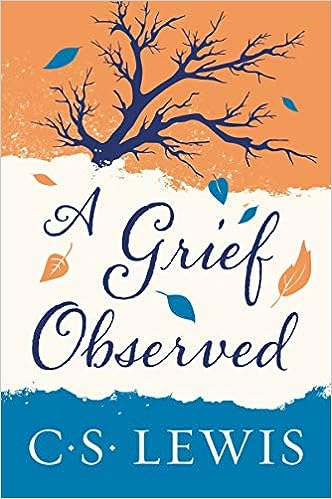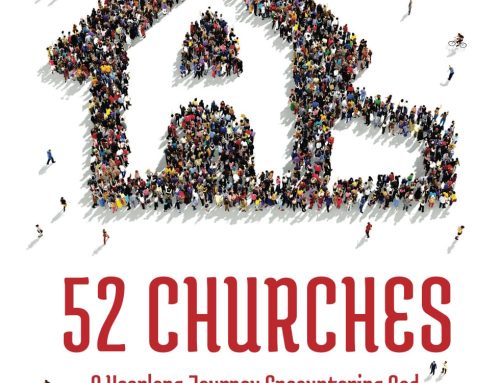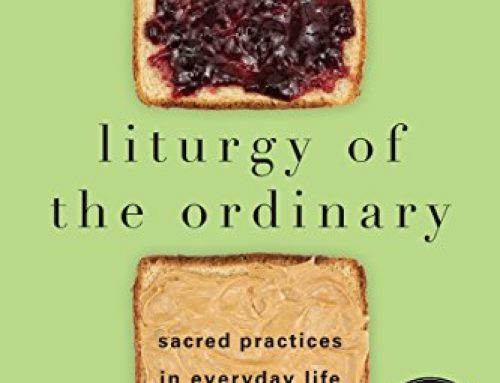About
In the wake of his wife’s death, C. S. Lewis journaled his grief. He published A Grief Observed under the name “N. W. Clerk” in 1961, although later editions were published under his real name. The short pages detail the ups and downs of his grieving process.
Lewis writes about the theological questions that came out of a loss as big as his own. He speculates about where his wife is and what she would or would not want. He candidly shares the uncertainty the loss has caused him.
I picked up this book in mid-August when my father passed away. It had been on my “to read” list for a long time, but the time finally felt right to dive deep into Lewis’ words.
Highlights
Although this was a short book, there were many things that stuck out to me. The following are a few highlights.
Anxiety During Grief
I felt particularly seen when Lewis wrote about some of the fears he faced while grieving his loss. He had previously lost both parents. After losing his wife, it left him wondering who was next.
That has been a part of my own grief that brought me a lot of shame until I read A Grief Observed. This last year has been one filled with grief. After losing a congregant and friend, I lost both my grandmother and my father.
In the days since my dad’s death, I’ve worried about who might be next and whether my heart will be able to handle the cumulative grief I’ve endured this year. While reading about Lewis’ own fears didn’t erase my own, it allowed me to feel “normal” in a time that feels anything but normal.
Shortcomings of Religion
Most people would consider C. S. Lewis to be one of the modern giants of our faith. Yet as he grieved his wife, even Lewis felt like the comfort of religion wasn’t as comforting as he would have liked.
I’m a pastor. I love God and continue to dedicate my life to following Christ. However, there are times when the comfort (especially in the form of hollow platitudes) of religion is no comfort at all. Don’t get me wrong: I’ve found peace that surpasses understanding during many moments in this process.
But when I’m alone with nothing to do, I can’t help but feel completely alone in my grief. Having these moments doesn’t mean my faith is broken, but that I’m willing to be honest with myself. A Grief Observed was a good reminder that faith and doubt can coexist in the heart of a Christ follower.
Review
Overview: If you take the work for what it is (a man’s journal in the aftermath of loss), it is a great read. While I found myself highlighting and relating to much of it, there was also a lot that didn’t resonate with me. It is not a theological exploration of loss, but one man’s experience of it.
Writing Style: I love C. S. Lewis’ mind, but I’m not always the biggest fan of the way he writes nonfiction. His work tends to be hard to read and discern, although that may be largely due to the fact the English he wrote and the English I read being fairly different languages (from both passage of time and difference in culture).
Foreword: This might get some pushback, but I almost skipped the foreword partway through because it rubbed me the wrong way. While I understand what she was trying to say, it felt like Madeleine L’Engle was belittling Lewis’ loss because he wasn’t married to his wife as long as L’Engle had been married to her husband. This was probably not the intention, but it seemed to me like it could leave people feeling like their pain wasn’t valid while reading a book that otherwise validated a lot of the grief experience.
Intended Audience: Adult Christians
Theological Tradition: Anglican
Mature Content: Lewis writes both about grief and intimacy within marriage. While older teens could read this, I’d personally recommend it for adults only.
Other Books by Author: There are far too many to count. However, you can read my review on The Screwtape Letters here.
Recommend? Yes! I think this is a must-read for anyone experiencing grief. While not all of it will be helpful to every person, it is still a meaningful resource to those going through immense loss.




Leave A Comment